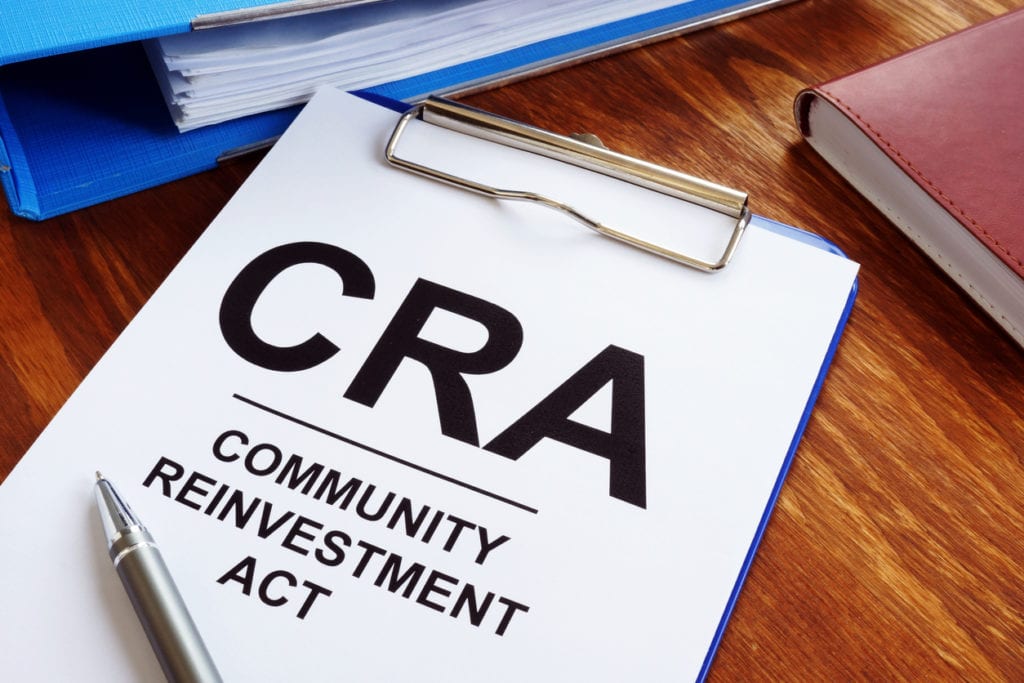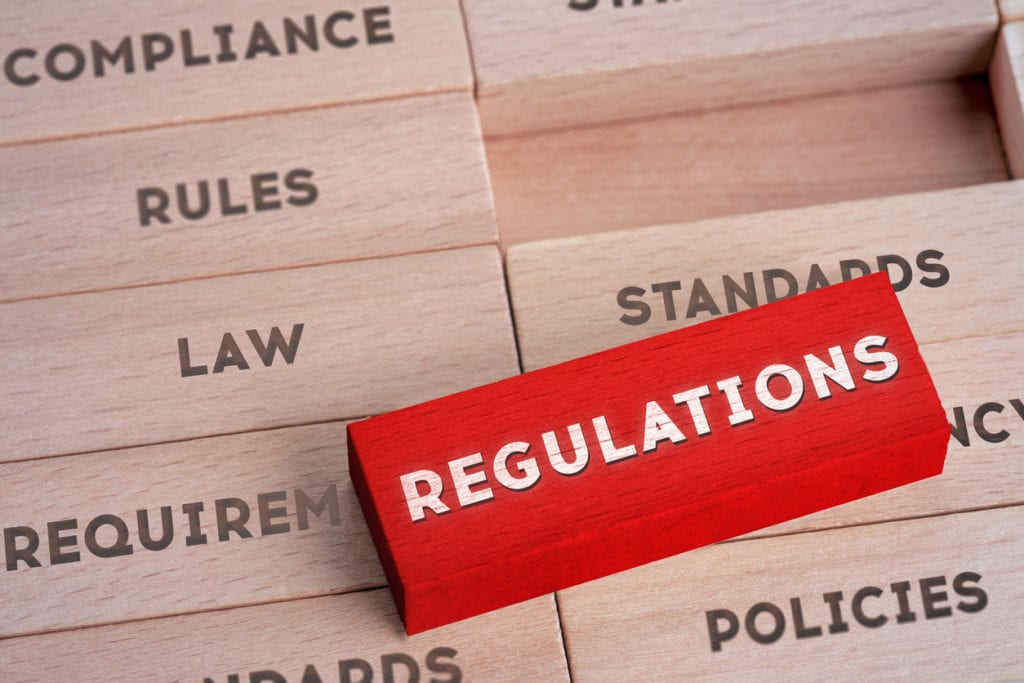
We provide support to confirm that your garnishment practices aren't heightening financial, regulatory, or reputational risk for your bank.
No one wants to face the financial penalties, reputational harm, or other consequences of mishandling garnishments.
But staying on top of the regulations is demanding. Laws vary by jurisdiction and can change, you must manage each garnishment order accurately and on time, and you have to accommodate the rights of creditors and your customers.
But sometimes, you're short on staff, expertise, and time for such an intense and complicated task.
That's why it's a smart move to partner with TCA Compliance.
We devote our expertise and time to reviewing your garnishment policies and practices in detail.
In addition to advising you on what to do to pass your next exam, we recommend ways to make your daily process more efficient, effective, and less painful.
During our reviews, we follow the procedures that your bank examiner will follow.
That includes assessing your approach to handling new garnishment orders, identifying your approach's risks, and recommending other, better options.
Also, reviewing your technology can reveal whether your current software is helping or hindering you in managing your garnishment responsibilities.
In addition, we evaluate whether you're making the correct calculations, withholding the proper amounts, and if you're dispersing the money to the right creditors on time.
How you protect customers’ privacy and data, whether you’re treating them fairly, and if your long-term record-keeping is sufficient to satisfy regulators are also part of our work.
In appraising your garnishment procedures, TCA's A Better Way helps you reduce your risk exposure.
Key deliverables include:
- Evaluating your policies and procedures for managing garnishment orders.
- Ensuring that you respect customers' rights.
- Sharing the latest regulatory changes at the federal and state level that affect your bank.
- Offering advice on streamlining your garnishment approach.
Additional Compliance Topics
FDIC Name Change – Updated
On August 8, 2022 in the Federal Register (and a correction on August 12) the FDIC reported they had renamed the Consumer Response Center to the “National Center for Consumer and Depositor Assistance”. This Division is referenced in the Fair Housing regulation at 12 CFR 338 and in the Consumer Protection in Sales of Insurance […]
Regulatory Updates – Fourth Quarter 2022
Below is a link to the Regulatory Updates as of the end of Q4. TCA provides A Better Way for you to track Compliance updates and keep your organization on track. You can download the updates in a PDF form here. As always, TCA is here to help with A Better Way to answer all […]
HMDA News and Census Tract Updates
Breaking News!! This week the OCC, FRB and FDIC announced their stance on HMDA reporting for institutions thrown back into HMDA reporting due to the recent Court decision to roll back the closed-end mortgage reporting threshold from 100 back to 25. All three regulators are taking the same stance as the CFPB and have stated […]
CRA Asset-size Thresholds Announced for 2023
The annual CRA asset-size thresholds for covered financial institutions were announced December 19, 2022 by the FDIC and FRB and on December 28 by the OCC applicable for 2023. The cutoff adjustments are based on the change in the CPI (Consumer Price Index) for each 12-month period ending in November, rounded to the nearest million. […]
HMDA and HPML Thresholds Bumped Up for 2023
On December 28, 2022, the Consumer Financial Protection Bureau (CFPB) amended the Home Mortgage Disclosure Act (Regulation C) and the Truth in Lending Act (Regulation Z), adjusting the asset-size exemption thresholds for banks, savings associations, and credit unions. Like the CRA thresholds, the adjustments are pegged to the annual percentage increase in the Consumer Price […]
New Threshold Amounts for 2023 under Regulation Z CARD Act, HOEPA and QM Sections
Based on the 8.9% increase in the Consumer Price Index (CPI-W) in effect on June 1, 2022, the Consumer Financial Protection Bureau (CFPB) released a number of new thresholds which go into effect on January 1, 2023. They include: Additionally, these changes affected the HOEPA threshold amounts found under 1026.32 based on the 8.3% increase […]











